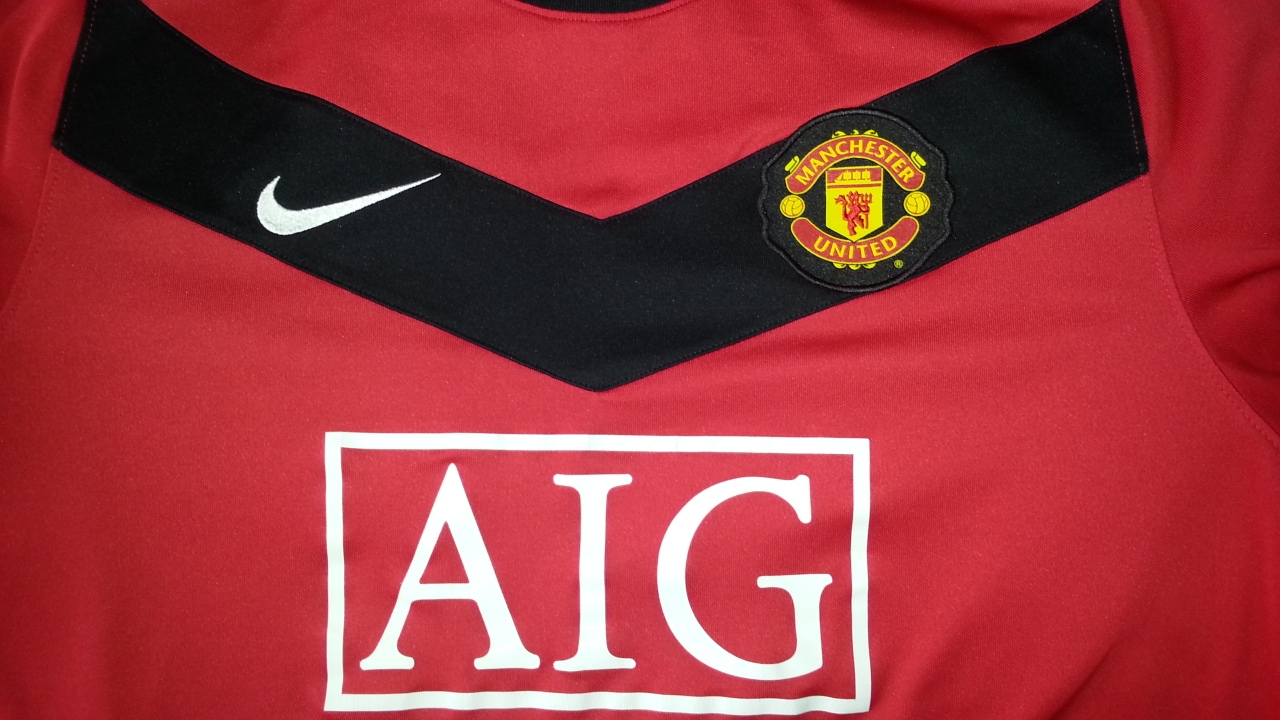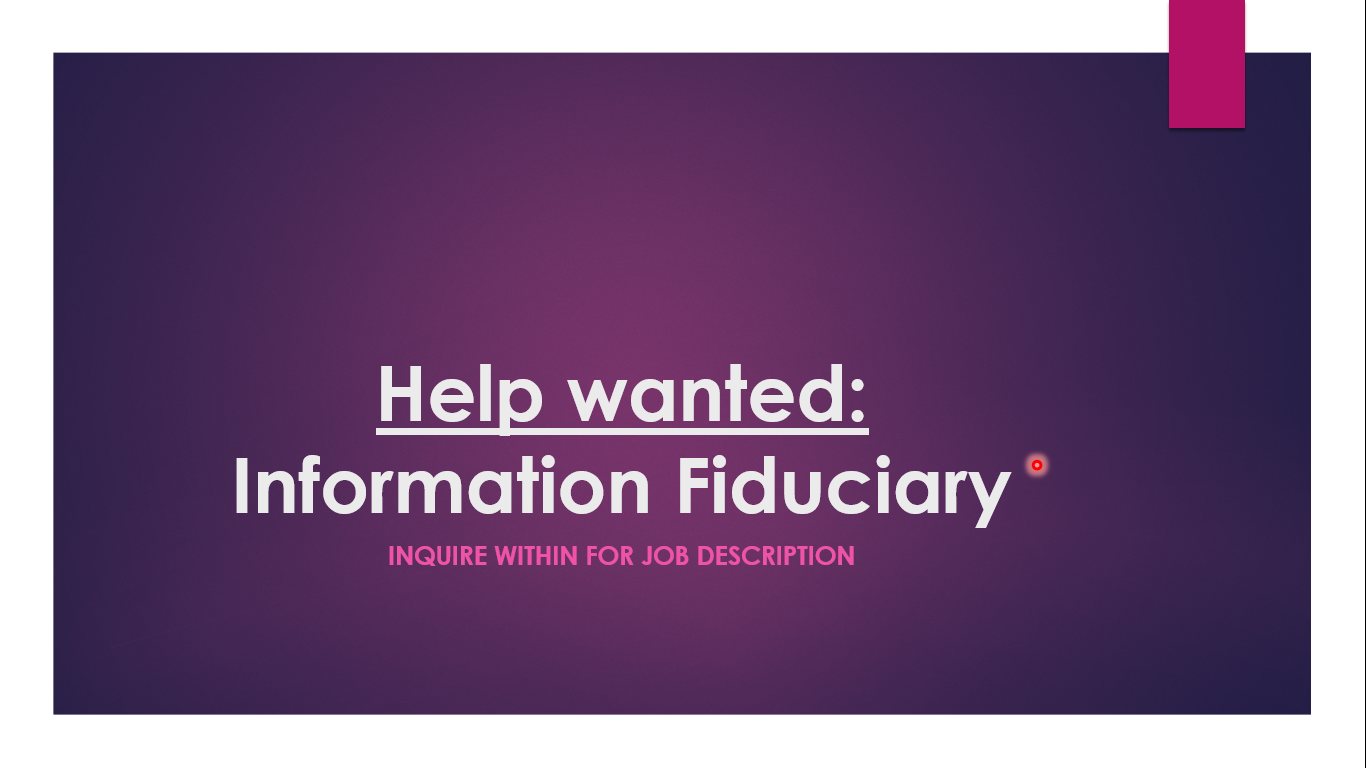FiduciaryALERT™ July 2007
Hedge Funds – Losses, Leverage, Liquidity and Litigation Sub prime mortgages, Collateralized Debt Obligations CDOs, SIVs, ABCP
- Are all hedge fund investors “on their own”? Or are hedge funds fiduciaries?
- What is the nature of representations of hedge funds’: advisers, promoters, accountants, consultants, finders, prime brokers, lenders, broker dealers, fund of funds sponsors initial and continuing fiduciary duty to investors?
Hedge funds, private placements, SIVs are unregistered entities, these vehicles are desirable if they deliver verifiable, transparent, non-correlated, risk adjusted returns to investors.
Some Hedge fund and SIV pitfalls include but are not limited to:
- Hedge funds and SIVs, off balance sheet entities unregulated vehicles lack basic investor protections and contain many serious conflicts of interest,
- managers’ compensation is improperly inflated due to: value securities as they like, notably CDOs; ABCP collateralized in some cases by sub prime mortgage backed securities,
- often lack independent, objective third party oversight,
- borrow against inflated collateral in the hopes of juicing returns,
- cross invest in affiliated, similarly unregulated investments, reduce transparency,
- fraudulent counterparties can create the illusion of orderly markets for certain securities’ valuation,
- cannot control timing of forced buy-ins of short positions; long-short strategies are very prominent.
- Sub prime mortgages, packaged and securitized sometimes as collateralized debt obligations (CDOs) are a recent innovation, investors have little investment experience.
- Asset backed securities including ABCP, collateralized by mortgages, credit card receivables, rental cars, even royalties from a music catalog are not fungible, they respresent unique, discrete slices of the underlying assets.
- Unfortunately some Hedge funds, trying to juice profits, borrowed heavily and leveraged their assets, whose valuation depends on liquidity in institutional markets, so called dark pools of liquidity and other means of trading including quantitative, black box, algorithmic trading models premised upon estimated correlations and standard deviation.
- A potential solution:
- Technology affords a way to anonymously monitor and align hedge funds and SIVs asset valuation, credit and leverage decisions to banks Basel II principles with a type of capital charge mechanism; but then again global economic growth, (fueled by trade ups and cash out refi’s in residential real estate, itself underpinned by eyes-closed mortgage underwriting, generation low interest rates and securitization on steroids) would not have been as robust in the post technology bubble era.
- Credit rating agencies also known as ISROs or as NSROs:
- S&P, Moody’s, Fitch whose fees are paid by issuers (potential conflict of interest), assigned these securities top ratings and proved once again that their ratings lag the markets.
- Instead they should refocus their ratings assignments on the process of mortgage lending and underwriting by banks and non-banks alike before expressing an opinion on the likelihood of a credit default.
- These problems are when, not if problems; transient, generation low interest rates fueled much of the rise in residential real estate valuations, the very collateral underlying mortgage backed, in particular sub prime mortgage securities.
- One might ask if credit rating agencies could monitor such increases. More glaringly, S&P stated they had done so.
- Unsustainable escalation in value of collateral, yet the AAA ratings persisted; emblematic of a preventable, correctable ratings process, one that deserves correction.
- It is improbable not even one of these credit ratings firms’ analysts were themselves astounded by the trajectory of valuations of homes in their very own neighborhoods and or communities.
- Capital, currency and commodities are globally connected. Settlement of trades is nearly immediate, disruption could unsettle all markets. Cash infusions by the operators or sponsors, market rescues, liquidity by Federal Reserve Bank through discount rate cuts, extended rollover provisions, open market operations band aid liquidity only; Fed action does not cure the credit (creditworthiness) and or valuation issues of these “securities”.
Can hedge fund investors better protect themselves?
- It begins with understanding BEFORE making an investment in a hedge fund or private placement.
- What is the manager’s or team’s experience and track record with the specific types of securities, strategies and leverage?
- Before investing in a hedge fund, private placement or unregistered securities make sure you’ve done your due diligence and continue to perform due diligence; especially if the funds’ performance is terrific.
- Hedge fund, Private placement, RMBS, CDO or SIV Fraud, Breach of Fiduciary Duty, two types of Suitability, Mispriced Assets, Valuation discrepancies, Principal or Proprietary trading conflicts, Misrepresentation, Negligence, Theft, Embezzlement and Ponzi schemes have increased as the popularity of these investment vehicles has risen.
- Initial, ongoing due diligence perfomed by a completely neutral, independent, qualified AIFA can be an essential element of the prudent exercise of fiduciary duty.
- Attorneys, CPAs, Trustees, Investment Committees and ERISA Pension, Profit Sharing and 401k Plan Sponsors may contact us for objective and authoritative evaluation of the Prudence and Fiduciary Duties involved in any investment including Private Placements or Hedge Funds.
Neutral, Objective, Qualified & Experienced
Accredited Investment Fiduciary Analyst
Contact us at info@fiduciaryexpert.com or to request FiduciaryALERT™ 2004 thru 2010.
© Copyright Chris McConnell & Associates 2007 – 2011. All rights reserved.



